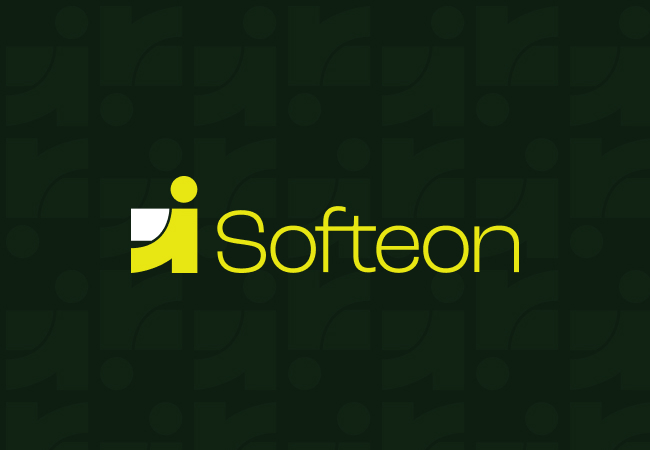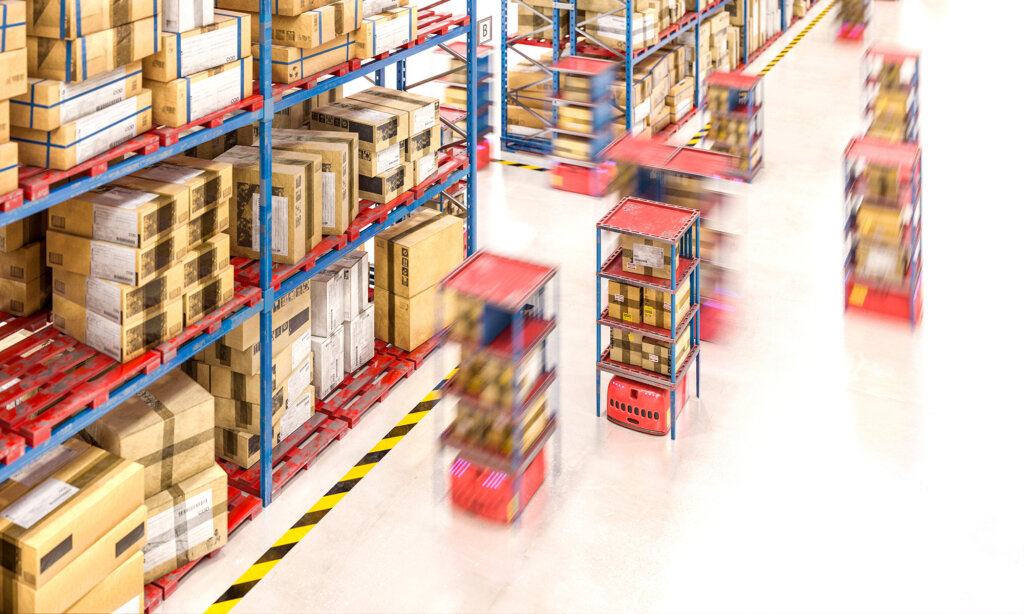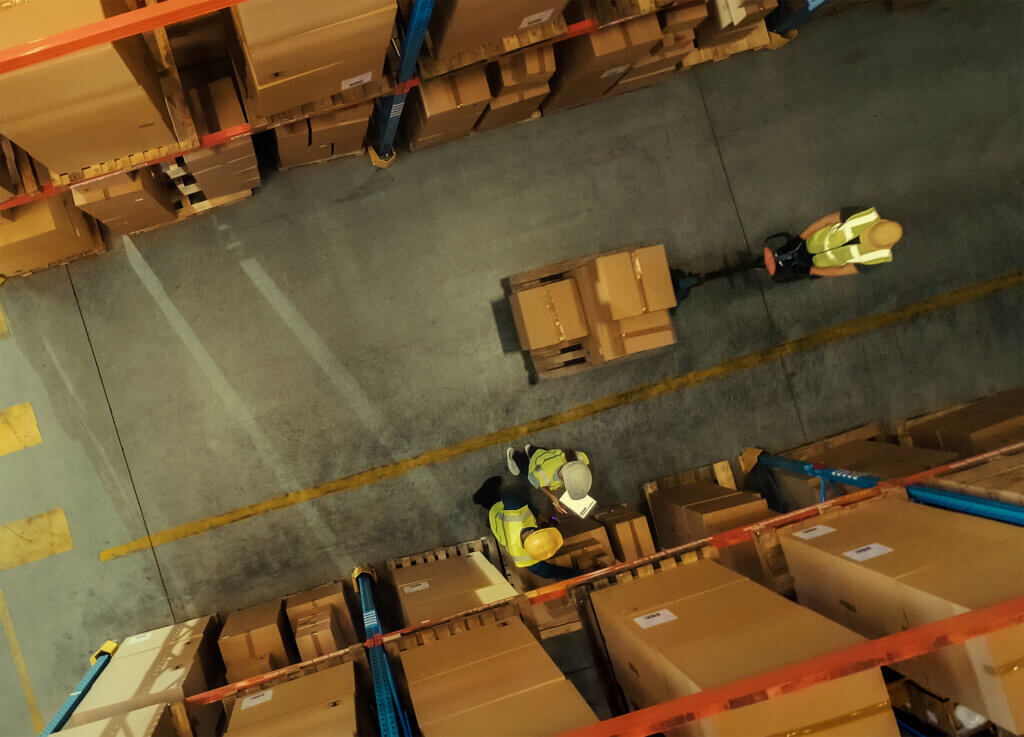Blockchain tech came to prominence as the technology undergirding Bitcoin and other cryptocurrencies. It has many uses outside of the world of finance, including in supply chain management. Some experts are likening it to the invention of the World Wide Web – and it really has the potential to become that important.
What is Blockchain?
The blockchain refers to a method of recording transactions within a system. Think of the chain just like you might think of someone writing down each transaction on a piece of paper. The one improvement that has everyone excited is this – the blockchain is completely impossible to change or delete once a transaction has been recorded. Ideally, this completely removes the opportunity for fraud or mistakes within the system.
The blockchain eliminates the possibility of fraud by making the entire chain of transactions, from beginning to end, completely transparent. Also, there is no central entity that determines the validity of any transaction, eliminating the chance of fraud that occurs with a takeover of the system itself. Because verification is decentralized right alongside the recordkeeping process, transaction validity becomes a completely democratic process. No authority is in control, so there is no one to corrupt/pay off in order to gain control.
Any transaction that holds value can be recorded through the blockchain in this way, not just money. Voting systems, ride sharing, or just whose turn it is to host this month’s meeting – the possibilities are endless.
Blockchain and the Supply Chain
Many forward thinking supply chains have already discovered the advantages of the blockchain and are incorporating it into their systems. Should the technology become widespread, there is a possibility of a universal operating system for all supply chains, connecting the world in a completely transparent and virtually incorruptible way.
Here are just a few of the ways that some supply chains have improved due to the blockchain –
- The transparent movement of resources – Assets are lost most often between supply chain nodes. The blockchain puts the ultimate tracking number on important assets, reducing the temptation to skim off the top.
- Removing human error from the tracking process – Shipment notifications, POs, change orders and receipts can be lost due to a single input error. The blockchain eliminates human error from this process.
- Linking goods and tracking methods – There is a huge opportunity for fraud or an innocent mistake during the process of linking codes, serial numbers or RFIDs to physical goods. This is not the case when using the blockchain. Everything is transparent and can be automated, so the chance of a mistake here is reduced exponentially.
- Sharing information about the supply chain between relevant parties – Depending on how long a supply chain is, reproducing receipts and sharing information can become a tedious task. With the blockchain, everything becomes completely observable to everyone along the supply chain in real time. Product maintenance, assembly, delivery and manufacturing all benefit.




